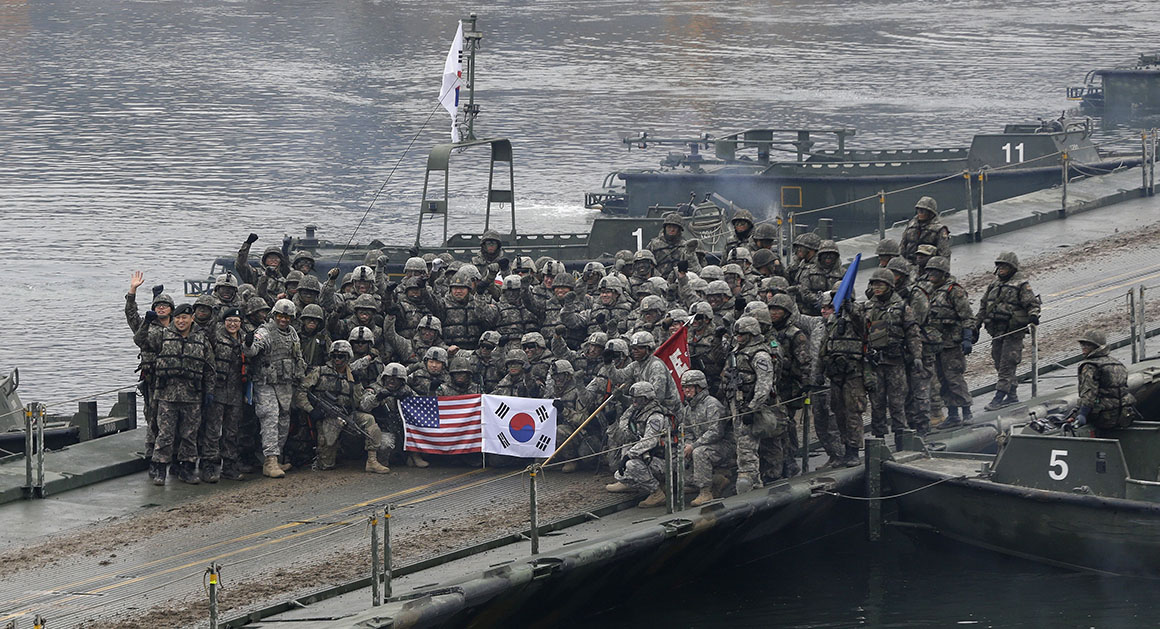South Korea and the United States have commenced their annual large-scale joint military exercise, Ulchi Freedom Shield (UFS), designed to strengthen readiness against potential threats, particularly from North Korea. The 11-day exercises, running through August 28, 2025, involve approximately 21,000 troops, including 18,000 South Koreans, participating in computer-simulated command post operations and field training maneuvers.
The drills are held amidst ongoing discussions about the future of the U.S. military presence in South Korea, with significant debate over troop financing. The Trump administration has consistently pressed Seoul for increased financial contributions toward maintaining the roughly 28,500 U.S. troops stationed on the peninsula. There have also been talks of potentially restructuring the alliance, possibly leading to a reduction of American forces or shifts in their roles, as Washington refocuses strategic priorities toward China.
Despite these political debates, South Korea and the U.S. maintain that this year’s drills are defensive and essential for their combined security posture. However, nearly half of the originally planned 40 field training exercises have been postponed to September, attributed officially to safety concerns such as extreme heat and flood damage, though observers note these adjustments align with Seoul’s efforts to ease tensions with North Korea.
North Korea has denounced the joint exercises as rehearsals for invasion and promised to respond assertively to any perceived provocations. During the drills, South Korea will also conduct a large-scale civil defense exercise involving around 580,000 participants, aiming to enhance civilian readiness against aerial and cyber threats.
This year’s UFS exercise occurs during a delicate diplomatic period, with South Korean President Lee Jae-myung preparing for a summit with U.S. President Donald Trump scheduled for August 25. The evolving military drills and negotiations over troop funding will significantly influence the future security framework on the Korean Peninsula.
More than news- Its Icegate

